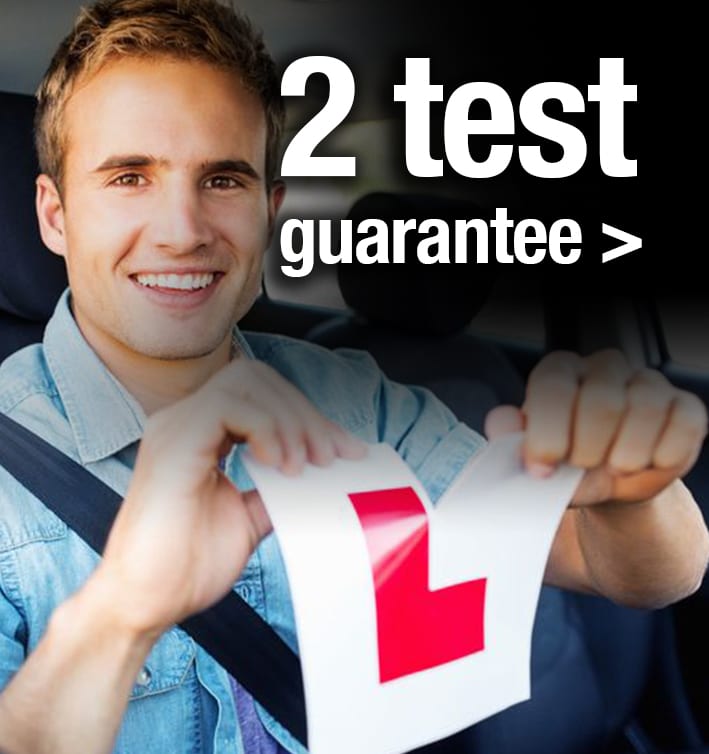At the time of writing it is recognised that up to 1 in 7 people would be classified as neuro divergent, meaning that they may have unique experiences when learning, to do with how the brain functions with attention, anxiety, co-ordination, spatial awareness, resilience, sequencing, memory, assessment, decision making, patience and more.
At BIG TOM we have had plenty of experience helping pupils to navigate around any particular challenges that may exist. In our experience we have found that it is incredibly important to acknowledge that this is normal, to be expected and certainly does not define whether a person is able or not to learn to drive.
It is possible that to accommodate some of the experiences that pupils have, may well require utilising coping mechanisms to ensure training remains constructive and framed within an environment that is both respectful and dignified. And very often pupils are very well aware of what these coping mechanisms are through their previous experiences. In the interests of managing expectations, it might prove to be the case (but not necessarily so), that there are more training hours needed than the 45 (instructor) + 22 (private practice) national average. This shouldn’t be seen as any kind of ‘failure’, in fact quite the opposite, it tends to be incredibly empowering and enriching when pupils do manage to fulfil their driving goals.
In terms of formal diagnosis, it can be useful to inform a driving instructor of a particular diagnosis, as that knowledge can then assist in the working relationship in ensuring the learning environment is safe, enjoyable and positive. But it is probably worth stressing to readers, in our experience of working for many years with pupils who fall into this category, it certainly does not have to be defining and make learning to drive impossible. In fact, in certain situations, it can be a distinct advantage.
If you would like to talk to us about our driving training programmes and how we can adapt to the needs of a pupil, do get in touch on 01928 508 833 – your call will be dealt with in the strictest of confidence and with sensitivity.



